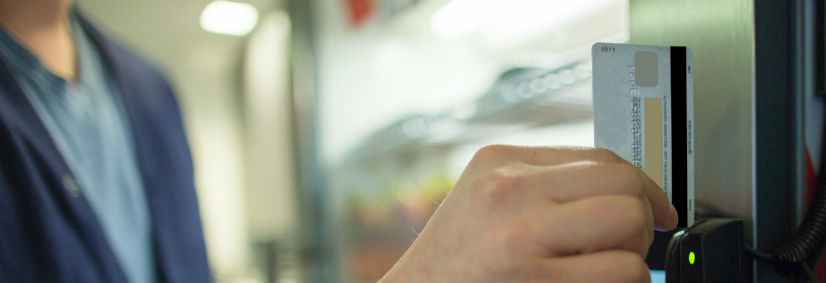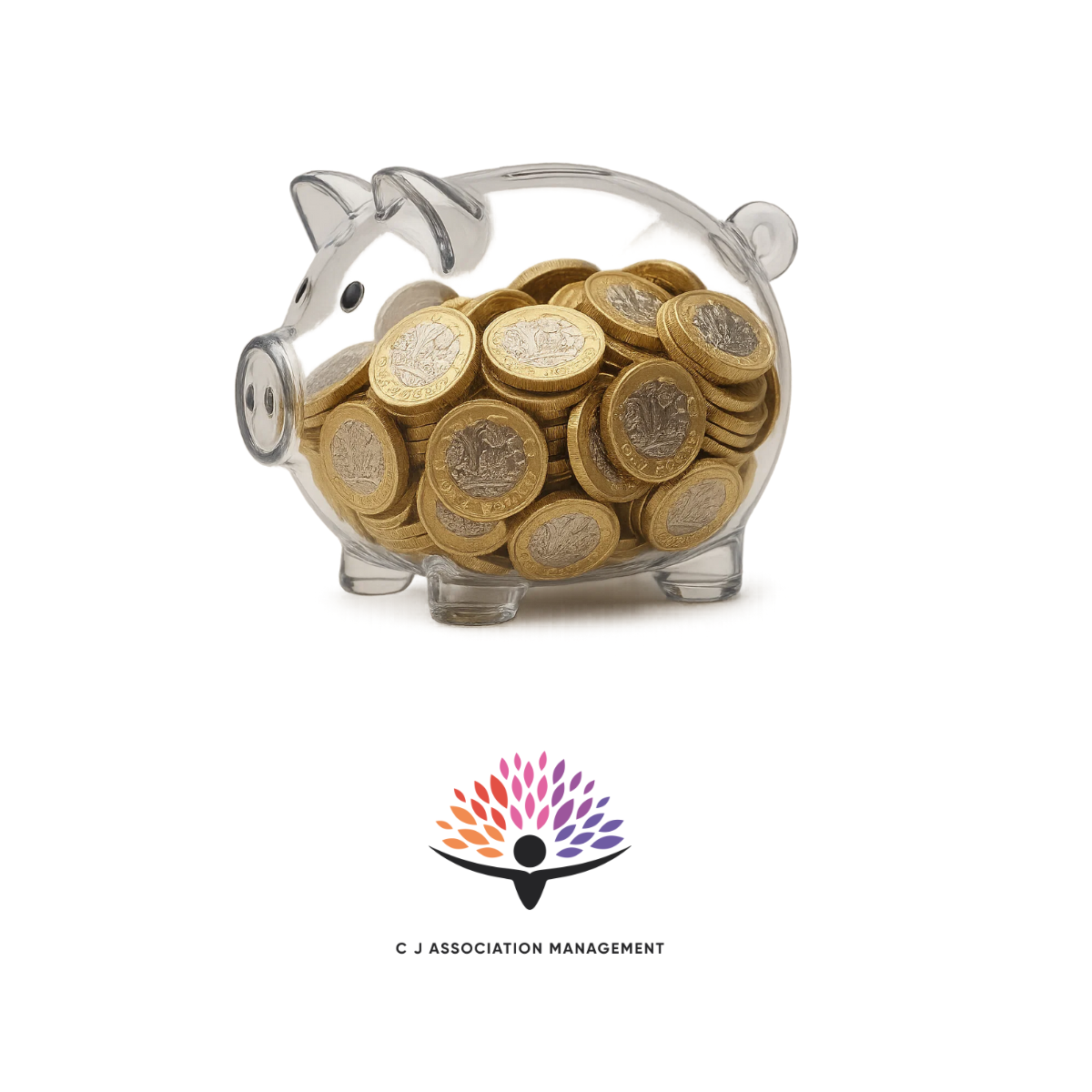In an age of constant connectivity, associations are under pressure to keep members continuously engaged…

Credit card charges – businesses vs consumers?
In January this year, the law on credit and debit card charges for consumers changed. Since 13 January 2018, it has been illegal to charge consumers an additional fee for using their cards in the UK, as the UK Government has implemented the latest EU directive, Payment Services Directive, into UK law. It covers payment by Visa, Mastercard, Amex, PayPal, and Apple Pay, and will carry through Brexit post-March 2019, because it has been introduced while the UK is still a full EU member.
It’s certainly causing issues for retailers, particularly those whose core commercial activities take place online. As consumers we’re all thinking: “Fantastic! It’s about time!” but for many businesses, it’s created a financial conundrum that isn’t going to improve with time.
Retailers and traders are still charged by their bank for processing credit cards, leaving many in a position where they may be out of pocket when their customers choose to settle their bill by card.
There are a few loopholes though. Between 2013 and 2017, businesses were only able to charge consumers the same amount when paying by card that they themselves were charged for processing the payment. Regrettably and almost inevitably, this was open to widespread abuse. Many businesses charged a flat rate fee for card payment, creating almost by accident, an additional revenue stream that potentially meant customers were paying an unreasonable percentage of the total product cost, for the privilege of using their card. With the 2018 changes, this revenue stream may still be available because businesses can still charge this fee, providing that it applies to all methods of payment, not just payment by card.
When the law changed, dozens of news and financial outlets were quick to report that Just Eat, the online takeaway search engine and portal, had done just that, and added a £0.50 service to its cash payment option, rather than removing it from its card transactions. Whether consumers are happy to swallow this long-term, remains to be seen, but its immediacy and ease of use may well see consumer outrage fizzle out, while takeaway purchases continue. At the same time, HMRC took the potentially devastating decision to stop accepting payments on personal credit cards, although debit cards are still allowed, in the very month people were submitting their tax returns and paying their bills.
MoneySavingExpert.com was also quick to report on the many online businesses, including local councils, who had failed to notice the change in the law and were still charging customers for paying by card. It’s likely that local Trading Standards offices will be kept informed when businesses are sailing close to the wind and consumers will need to remain vigilant in these early days, whenever they make a purchase by card.
There is little doubt that for many businesses, especially SMEs, this change in the law is going to cause them a financial headache. If charging a service payment isn’t palatable or straightforward for their business, then the other logical step is to increase prices to cover the costs of bank card processing fees. And there’s the rub. People may psychologically accept a £0.50 service charge from one business, while resent a £0.50 price hike across the board from another.
We advise our retail clients, whether operating online or on the high street, to assess their sales patterns, using Google Analytics and other commercial software, to determine the best model for their business. Giving customers what they want, and anticipating those needs, is what differentiates an average company from a successful one. The effects of this change in the law need to be carefully monitored and assessed by each affected retailer, to ensure they make good decisions about how they trade and how they manage their customers’ expectations as they go forward.



